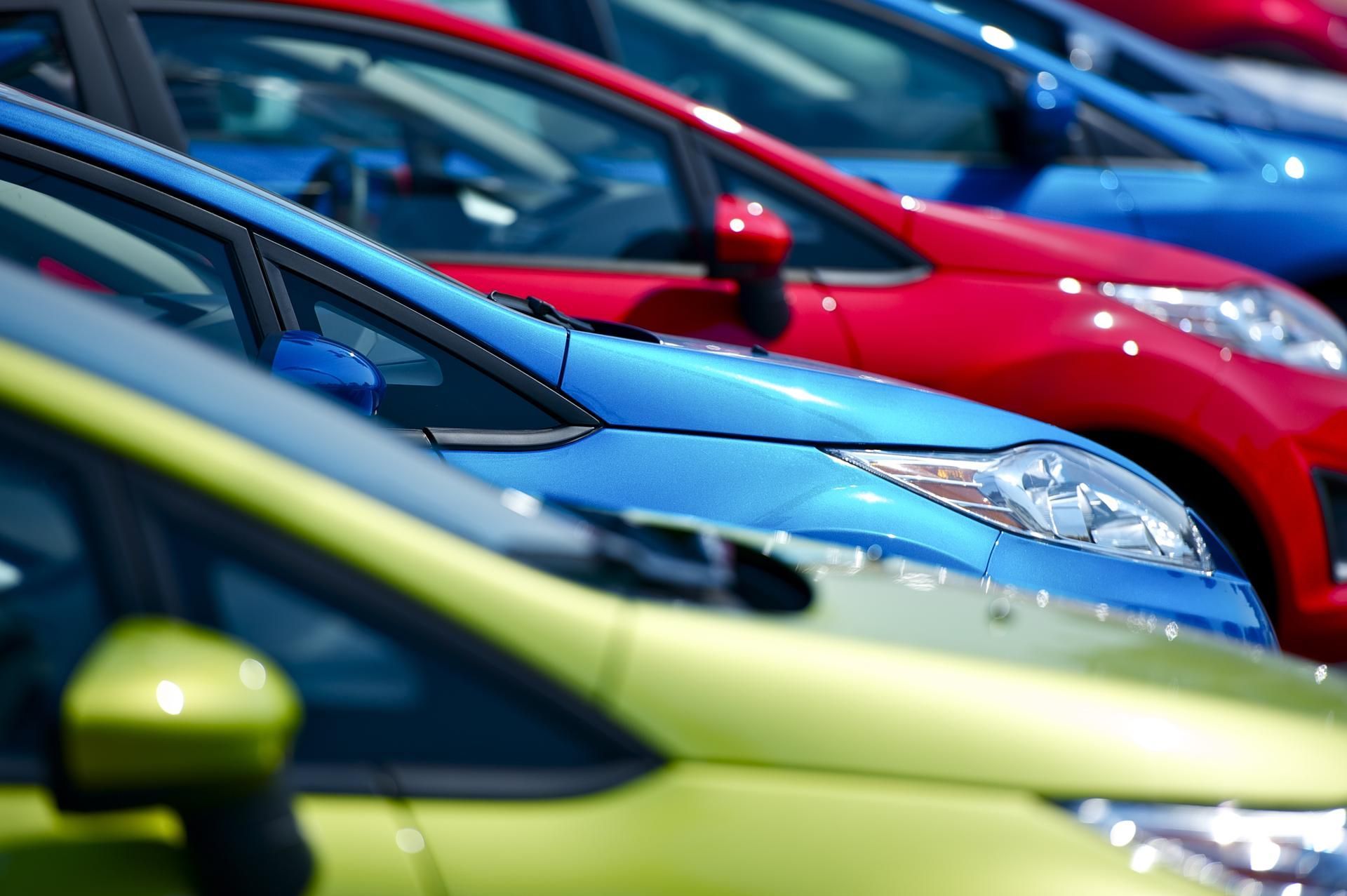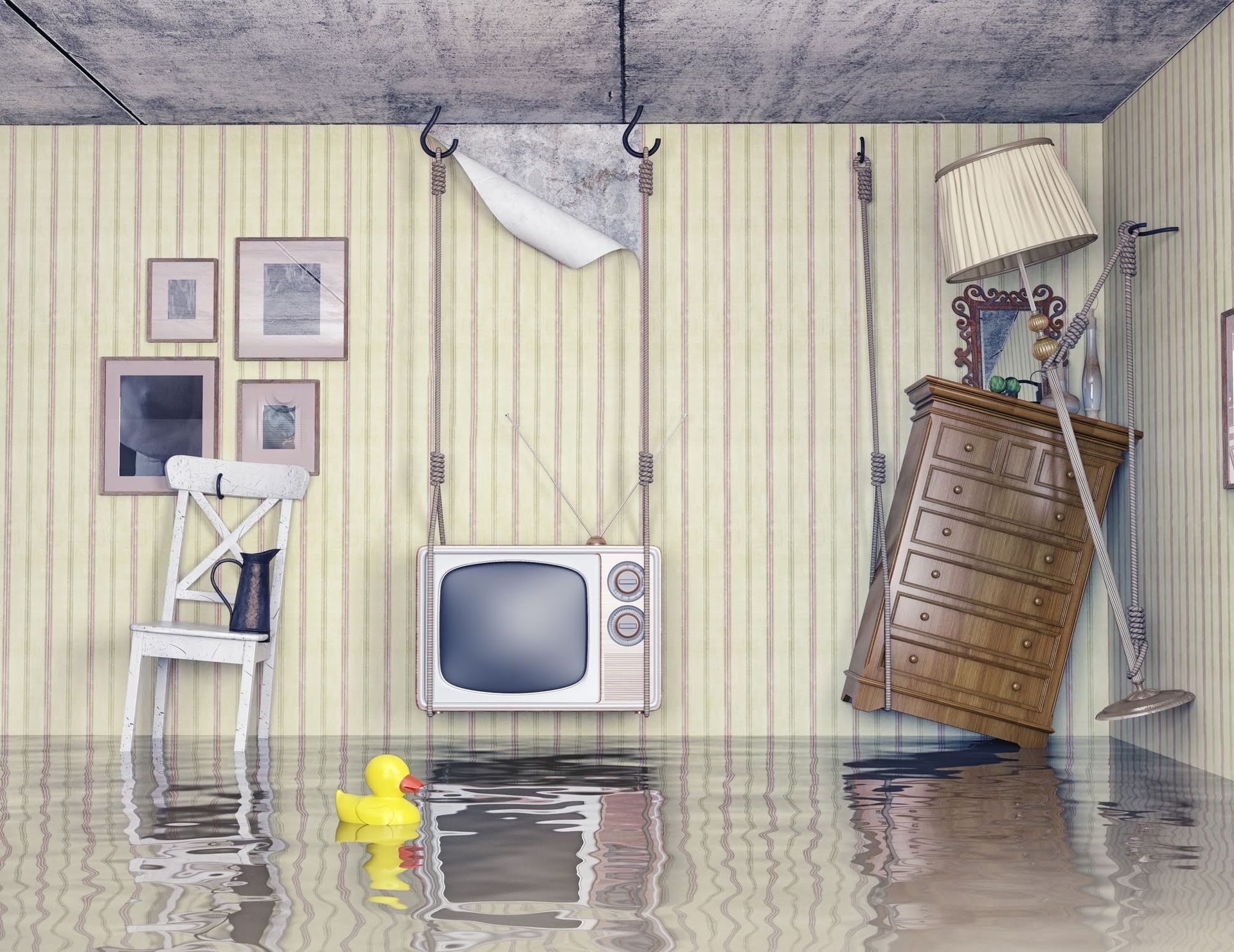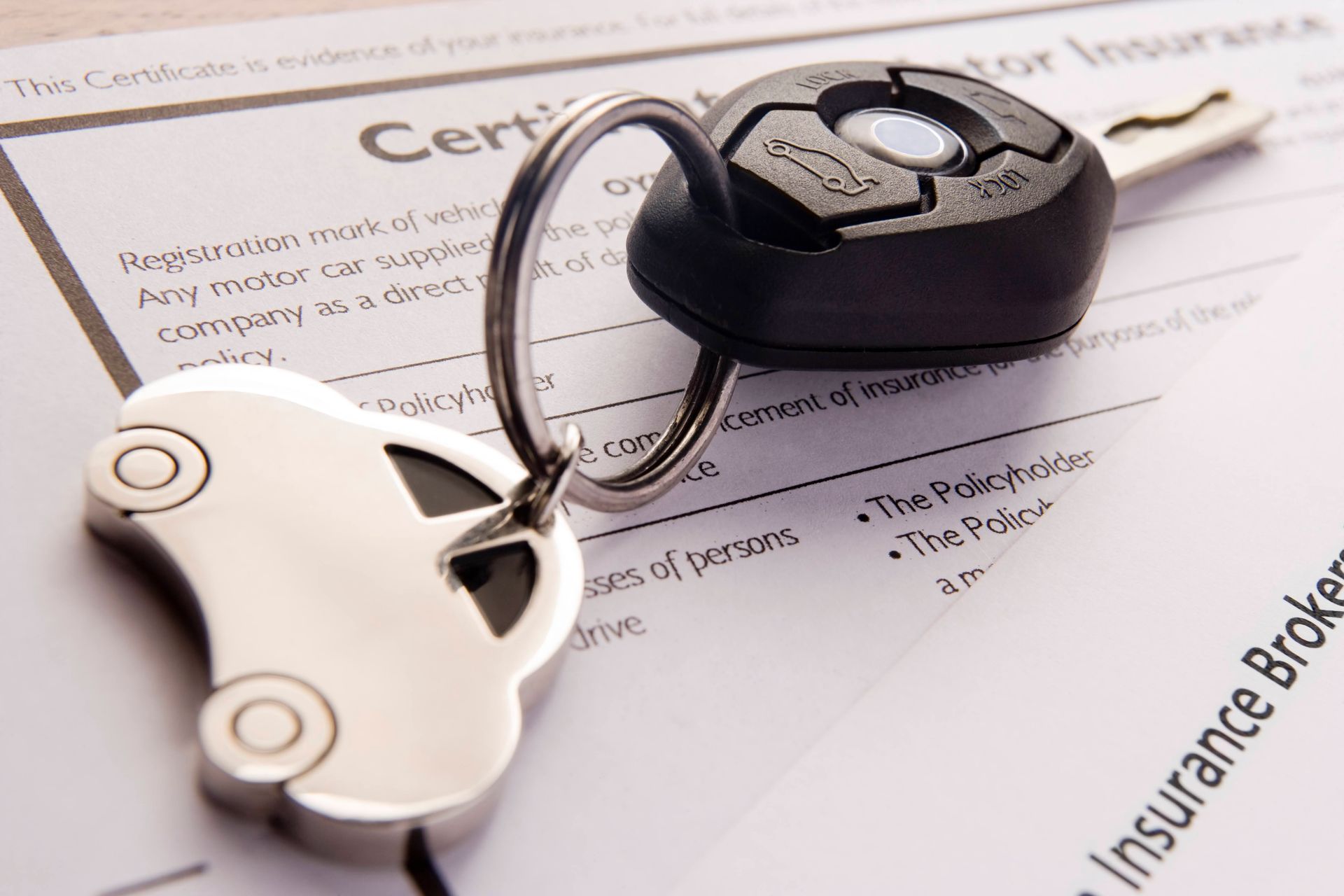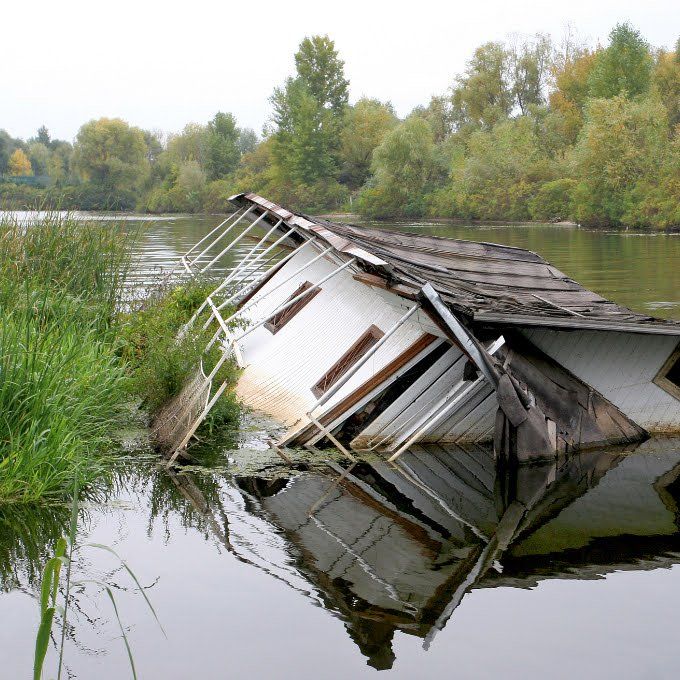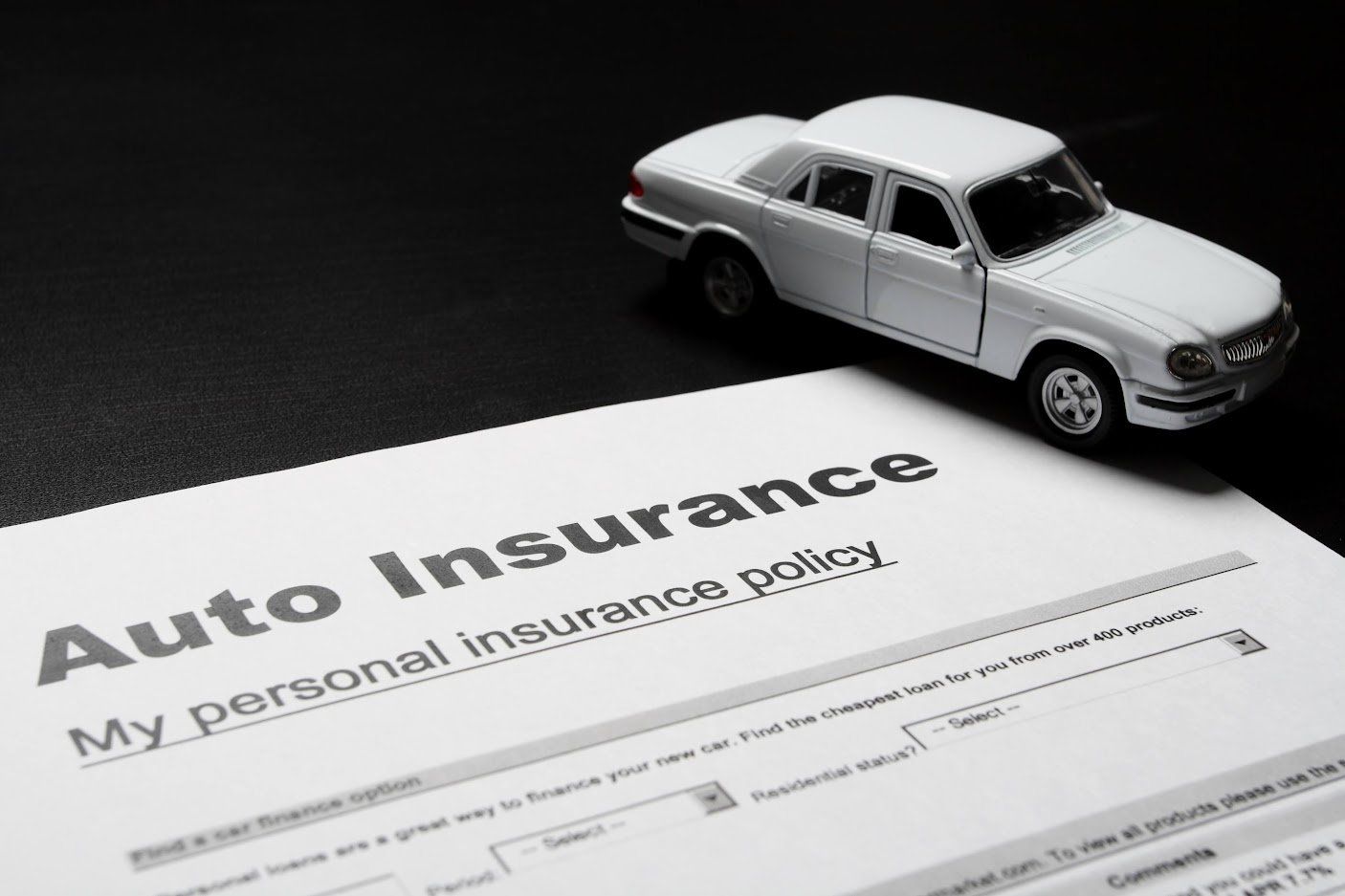Types of Car Insurance Coverage
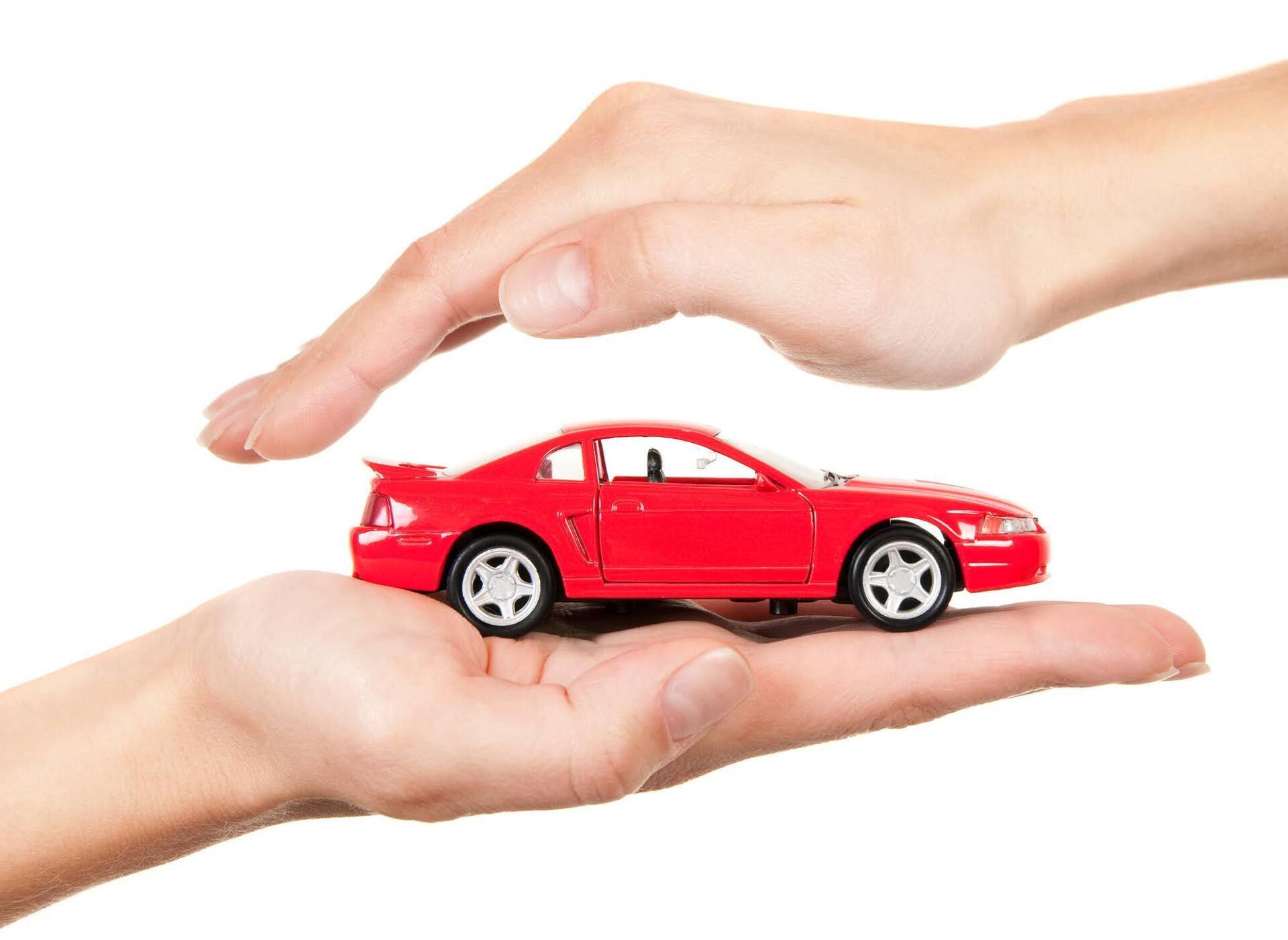
Your car is a significant asset you ought to protect with insurance. With car insurance, you won't pay for damages out of your pocket or navigate the tedious and time-consuming aftermath of an accident on your own. Relief from your car's repair or replacement expenses and complex aftermath negotiations will give you peace of mind.
But remember that car insurance is not a one-size-fits-all industry, so you will find many options in the market. Unfortunately, you can easily get confused if you are unclear about the type of insurance you want for your car.
To help you out, we've discussed some common types of car insurance you can choose from.
Collision Coverage
Collision insurance will kick in after you get involved in an accident, even if you're responsible for the accident. Collision insurance is not a requirement by the law, so you can include it as additional coverage to your basic car insurance policy if you so choose. Collision insurance covers a range of damages to your car that result from collisions with inanimate objects, parked cars, and moving cars.
But collision insurance also has some exclusions. For example, the insurance doesn't cover bodily injuries, damages to another person’s vehicle, vandalism or theft, or damage from natural disasters like fire. In a nutshell, collision insurance will cover damages that are somewhat within your control as the driver. Unlike many other forms of car insurance, collision insurance comes with higher premiums, which is why it is optional.
Liability Coverage
Sometimes as a driver, you can cause a car accident that injures another person (passengers or pedestrians) or damages their property. In such cases, the accident victims can file a legal claim against you to demand legal compensation. That's why liability coverage in car insurance is crucial, as it'll cover all the related fees (legal and medical) after you get charged for such damages. Unlike collision insurance, liability coverage is a requirement for all drivers in the United States.
The two main components of liability coverage in car insurance are bodily injury liability and property damage liability. Bodily injury liability will cover medical bills or income losses for those injured during the accident. In contrast, property damage liability covers repair or replacement expenses for items damaged during the accident.
New Car Replacement Insurance
New car replacement insurance is good if you want to protect your new vehicle's value within the first few months of ownership. With the coverage, the insurer will give you a brand-new car of the same purchase value after your previous new car gets totaled in an accident. So, you won't have to downgrade to a vehicle of lower value if your vehicle gets totaled shortly after its purchase.
New car replacement insurance is also optional, so you can buy it as an add-on to any other of your car insurance. Also, the insurer you choose might require your vehicle to meet specific mileage and age requirements to qualify for new car replacement coverage.
Comprehensive Auto Coverage
Comprehensive car insurance will cover damages that are out of your control as the driver. The insurance will cover third-party damages like damage to other vehicles, physical injuries, and deaths caused by your vehicle during an accident. Other causes of vehicle damage that comprehensive car insurance covers are:
- Natural disasters like hurricanes, floods, and fires
- Theft and vandalism
- Fallen objects like rocks and branches
Comprehensive insurance will enable you to get a cashless claim benefit. A cashless claim benefit implies that your damaged vehicle will get repaired in a reputable network garage for free. Also, comprehensive insurance will help you easily buy additional coverage options for your car.
Purchasing insurance for your car is always a wise decision. You will have a guarantee of your car protection no matter what happens. Reach out to us at Clover Insurance Agency if you want affordable auto insurance in the Chicago metropolitan area.

